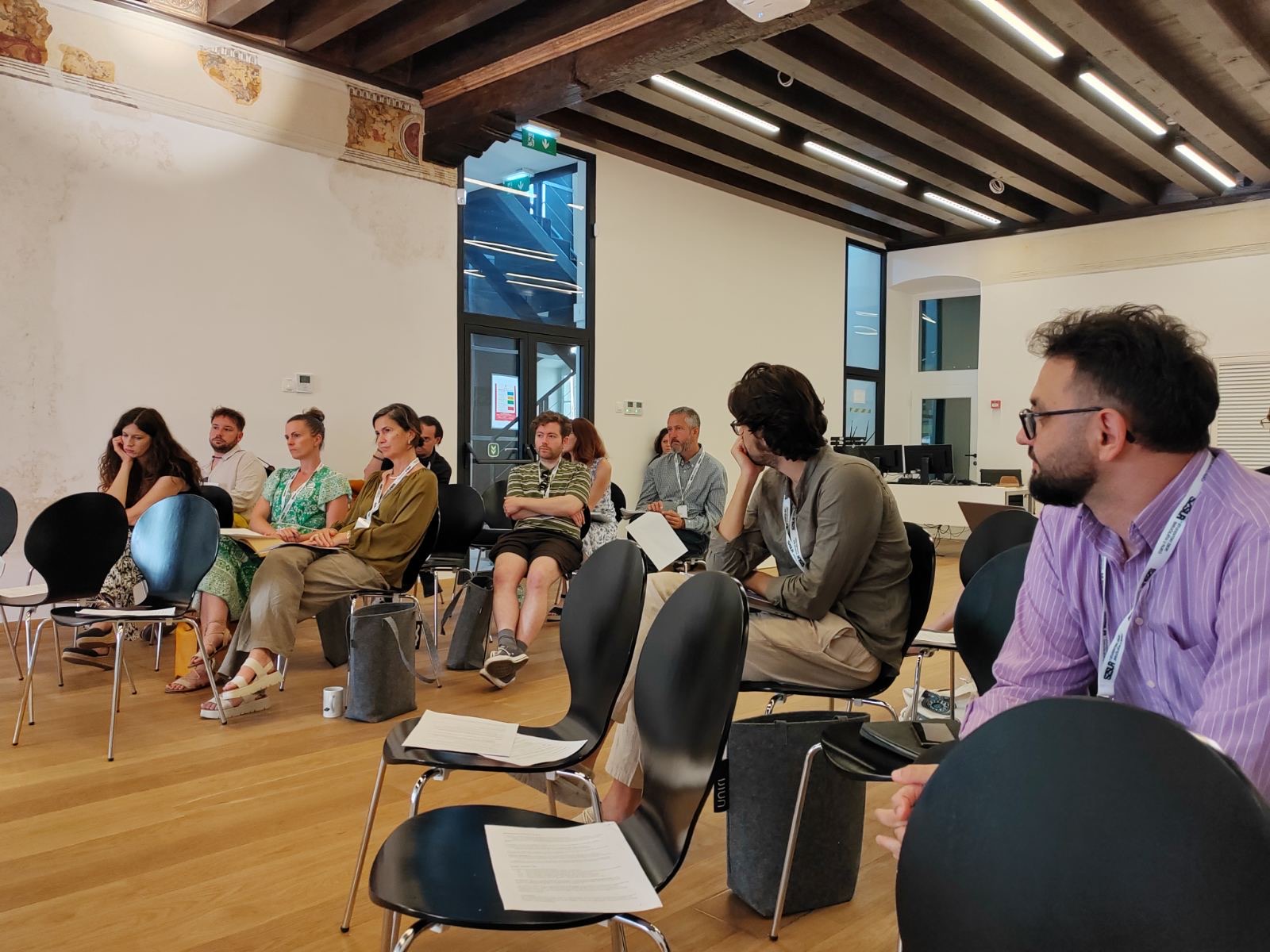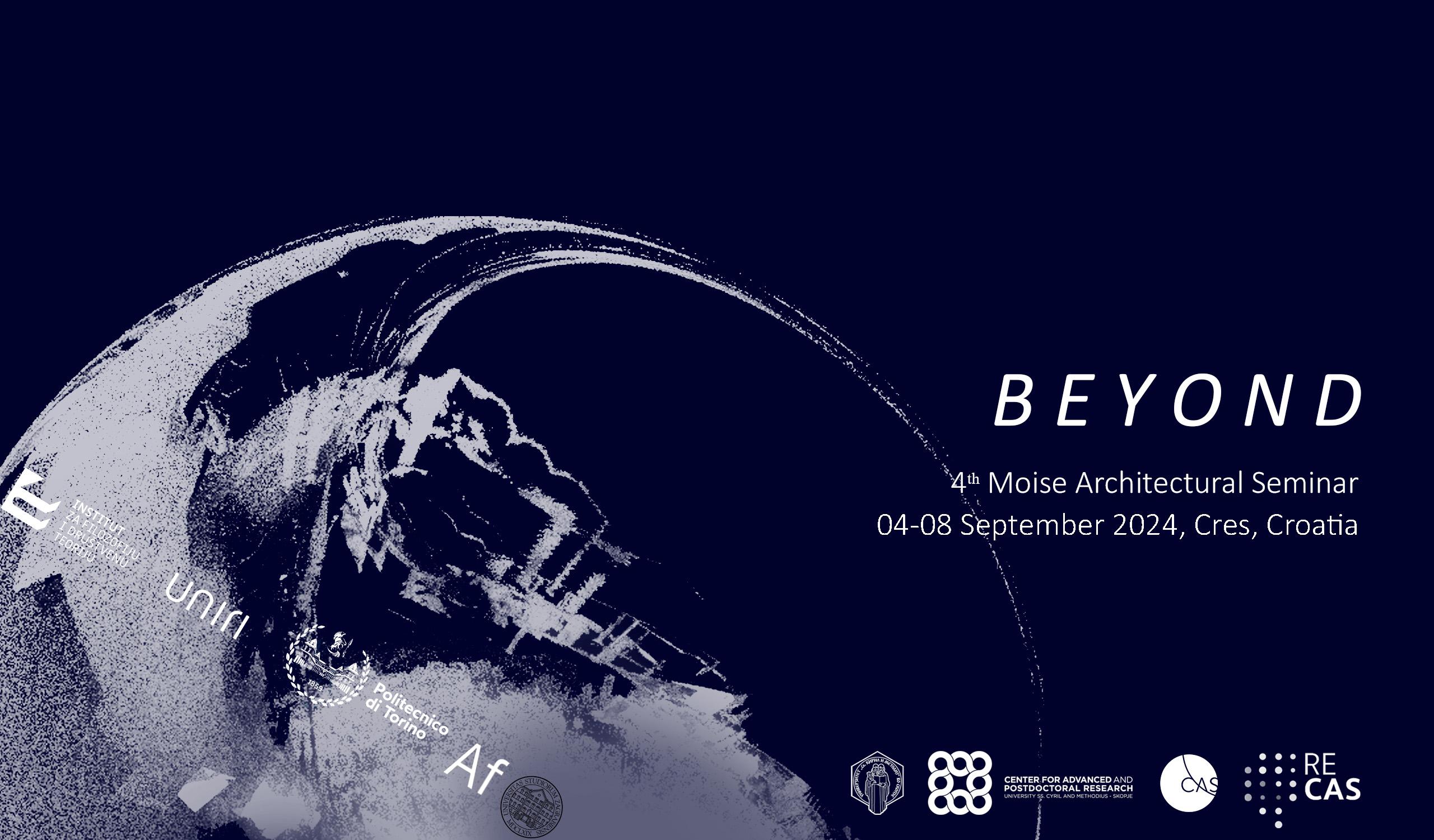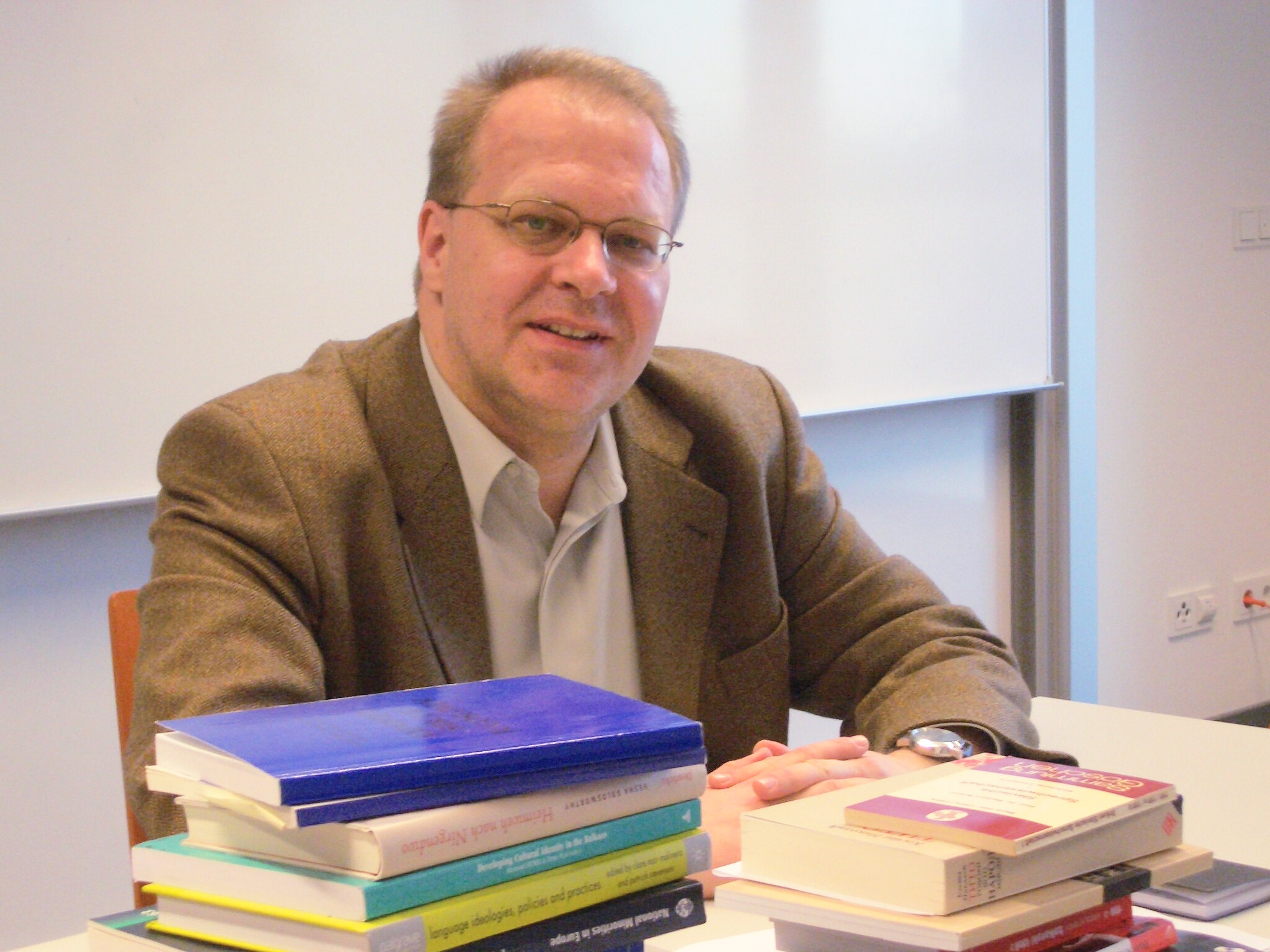On Friday, November 24th at 10:00 AM (CET), we are hosting the CAS SEE Seminar with Catie Gressier on Illness, Obesity, and the Rise of Health Populism, in conversation with CAS SEE executive deputy prof. Sarah Czerny.

Catie Gressier
Catie Gressier is an Adjunct Research Fellow in the School of Agriculture and Environment at the University of Western Australia. A cultural anthropologist with regional expertise in Australia and southern Africa, her research explores foodways, interspecies relations, tourism, and health and illness. Her first book, At Home in the Okavango, examines emplacement and belonging among the white citizens of northwest Botswana, while her second book, Illness, Identity and Taboo among Australian Paleo Dieters, explores the body as a site through which neoliberal policies and practices are played out and contested. Catie is currently researching heritage breed livestock farming and agroecology in the climate change era. She is a Director of the Rare Breeds Trust of Australia, an Editorial Board Member of Anthropological Forum, and the Coordinator of the Ecology, People, Place research network.
About the Seminar
Rates of chronic illness and obesity have increased in tandem with neoliberal policies that have created precarious working conditions, an increase in polluted, toxic environments, and the unregulated sale of ‘junk’ foods. Yet, the foregrounding of individual responsibility within neoliberal healthcare ideology has resulted in those whose bodies do not conform to the healthy, slender ideal being blamed. Stigmatization, and growing distrust of the mainstream system, is leading the ill and overweight to seek alternative health and dietary practices. Drawing on ethnographic research with Australian Paleo dieters in Sydney, Melbourne, and online, Gressier argues that health populism is characterized by a shared sense of crisis, and the rejection by ‘the people’ of the elite, who are seen as having created, or at least having failed to prevent, said crisis. With its nostalgic appeals to an idyllic past, the Paleo diet movement constructs itself as oppositional to contemporary society’s ills broadly, and mainstream medicine’s perceived failings particularly, through offering ‘common sense’ solutions to health challenges. Favoring the anecdotal over the evidence-based, populist Paleo diet leaders tap into consumers’ anxieties and frustrations through social media platforms that provide a sense of community for dietary adherents, and a source of considerable revenue for their founders. From the anti-vax movement through to climate change denial, such forms of epistemological populism are flourishing. These ways of thinking are critical to understand given the potential implications of disregarding science for individual through to planetary health.
Join Zoom Meeting
https://us02web.zoom.us/j/88989643663?pwd=VnZTOWRmdnl0WEZIdTczc1paZWtkdz09
Meeting ID: 889 8964 3663
Passcode: 328897
UNIRI The Moise Palace: Cres Island
An education center of the University of Rijeka. A five-hundred-year-old patrician townhouse and the largest Renaissance palace on the Croatian islands. A venue and forum for various scientific and research activities, it welcomes visiting academics, students and scholars.




